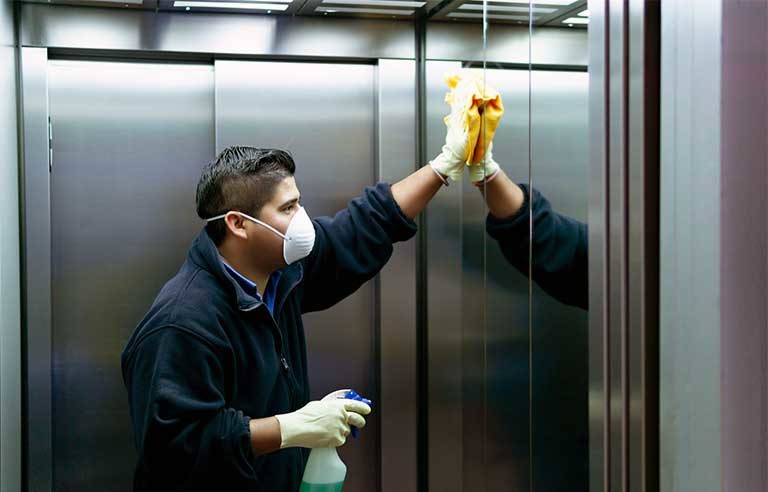Study explores effects of public gratitude – or lack of it – on essential workers

Provo, UT — Recent surveys of essential workers show that, during the early months of the COVID-19 pandemic, those in less visible professions felt less appreciated than workers in more public-facing jobs – and it took an emotional toll on them.
Researchers from multiple universities used data from two surveys. One involved 186 corrections officers in New England and was conducted in May and June 2020. The other took responses from 376 “other essential workers who had seen social media posts praising their work or the work of other essential workers,” a Brigham Young University press release states.
Workers on the receiving end of praise included doctors, nurses and grocery store workers. One example: A nurse, who said: “From the patients, from the families, from management, from random people on the street, they stopped to say, ‘Thank you,’ and it just reenergizes you.”
Among the workers considered less visible were sanitation workers, truck drivers and correction officers. “We’re doing three times the amount of work and feel more unappreciated than before this virus,” one corrections officer said. “Sometimes I question why I’m still an officer.”
The less visible workers had an increased risk of experiencing “negative emotions,” and were more likely to drink, smoke or overeat.
“There are a lot of people that work behind the scenes, and we don’t see them, but they do need our public gratitude,” researcher Taeya Howell, an assistant business professor at BYU, said in the release. “One of the main drivers behind doing the project was to understand what public gratitude does for essential workers while also calling attention to essential workers who are less visible.”
The study was published online in the journal Social Psychological and Personality Science.
Post a comment to this article
Safety+Health welcomes comments that promote respectful dialogue. Please stay on topic. Comments that contain personal attacks, profanity or abusive language – or those aggressively promoting products or services – will be removed. We reserve the right to determine which comments violate our comment policy. (Anonymous comments are welcome; merely skip the “name” field in the comment box. An email address is required but will not be included with your comment.)

